This post is part of Stand-In Central’s deep-dive series into the coronavirus pandemic as it relates to stand-in work in TV and film. For more posts in the long-running series, visit https://standincentral.com/coronavirus.
— The Editor
In this post earlier this year amid a coronavirus pandemic, Stand-In Central argued that pandemic work is presumptively hazardous and unusual, so therefore, by SAG-AFTRA’s TV/Theatrical Agreement, any stand-in working during the pandemic is “entitled” to “additional compensation.”
This post revisits the arguments in that original post and updates them based on experience working as a stnad-in during the pandemic.
The Original Arguments
The original arguments that stand-in work during the pandemic “entitled” stand-ins to “additional compensation” came from a reading of Section 7 of the SAG-AFTRA’s TV/Theatrical Agreement, found in both Schedule X, Part I, and Schedule X, Part II. These schedules cover work of a hazardous or unusual character for stand-ins in many dramatic television shows and in feature films, in the Los Angeles and New York Zones respectively.
These Sections 7 state:
The Producer shall notify the background actor at the time of the call of the character of the work when background actors are required to do […] work of a rough or dangerous character.
The argument was that even if stand-ins were required to wear masks at all times, they could not remove themselves from the hazards involved in the work during the pandemic. As such, even if production argued that stand-ins were safe because they were wearing personal protective equipment, that argument would not deny that a hazard still existed, and as such, stand-ins were entitled to additional compensation because of that hazard under Section 7 of the appropriate schedule.
Clarifications
After discussion with a SAG-AFTRA field representative while on a stand-in job about the applicability of Schedule X, Part II, Section 7, to pandemic-related stand-in work in New York, the field representative seemed to argue that the hazards for which this Section 7 applies are for those that the producer or production creates. Section 7 begins:
The Producer shall notify the background actors at the time of the call of the character of the work when background actors are required to do night work, “wet” work, work in airborne dust or debris created by Producer, work in smoke created by Producer, or work of a rough or dangerous character.
It is not clear what is meant by the quotation marks around the word “wet.” However, considering that some of the hazards are producer-controlled, quotations around the word “wet” might suggest that the work is artificially produced as opposed to naturally produced. In other words, if production creates rain with water towers, that might be the “‘wet’ work” to which Section 7 applies. In contrast, work in natural rain might not trigger Section 7.
Granted, these refinements require greater clarification from SAG-AFTRA on the interpretation of this language. The greater lesson in talking to the SAG-AFTRA field representative was that if the hazard was created by the producer, then that is the kind of hazard for which Section 7 applies, and for which a stand-in is entitled to additional compensation.
Since no producer created the current coronavirus pandemic, stand-in work during the coronavirus pandemic does not trigger the entitlement to additional compensation under Section 7 for that evident hazard.
Or so is the argument from a SAG-AFTRA field representative.
Still Some Holes
Granted, the SAG-AFTRA field representative’s opinion is not the same as a SAG-AFTRA lawyer’s opinion, so the field rep’s position may not be without its own problems.
For one, as mentioned above, the language is not clear about what is meant by the quotation marks around the word “wet.”
For two, night seems not to be any more created by the producer than the coronavirus pandemic, so it is not clear why night work is included in Section 7 if it deals with work or a hazardous or unusual character that is created by a producer.
Options
The SAG-AFTRA field representative seemed to suggest that some stand-ins during the pandemic had individually negotiated with productions for better terms for themselves. In the context of that conversation, it seemed as if those terms might involve additional compensation for pandemic-related work, but it was not exactly clear from the conversation that that was the case.
That said, you have the option to negotiate for better terms for yourself when you work as a stand-in. SAG-AFTRA contracts lay down the minimums (except, of course, when SAG-AFTRA decides to go against its own minimums, which it does, for example, when it rounds down wage increases or when it waives aspects of its contract that are unfavorable to productions).
There is no ceiling to how much for which you can ask when you stand in. The question is whether you will get that for which you ask, including the job in light of your asks.
Final Thoughts
Standing in during the pandemic is still a new thing. To date, no stand-in has probably stood in more than two months on a job. Of the jobs, there seems to be a wide range of personalities in how productions handle the coronavirus pandemic. Some productions seem to be lax, with others seeming to be reasonably protective while being apparently imperfect, and with others appearing to be strict.
With that in mind, and with knowledge that additional compensation for work in this hazardous time is not guaranteed by the SAG-AFTRA TV/Theatrical Agreement, weigh all of that information as you consider accepting stand-in work, consider negotiating for better terms, and consider yourself and your health.
Do you have any experience negotiating for hazard pay? How has the coronavirus pandemic affected you safety on set? Post your comments below!

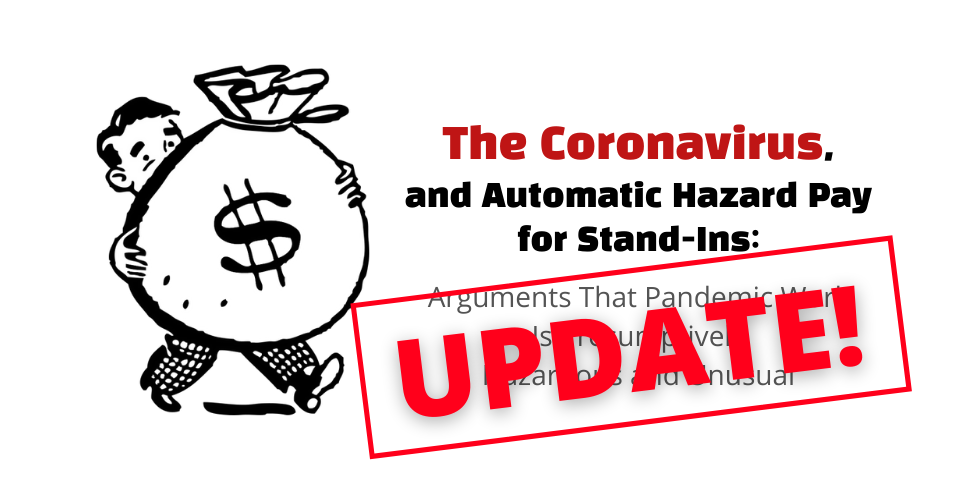
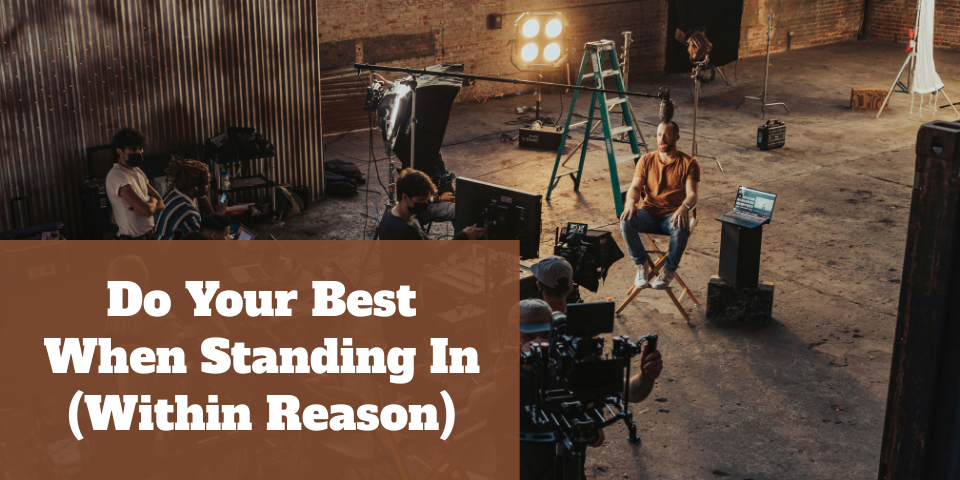
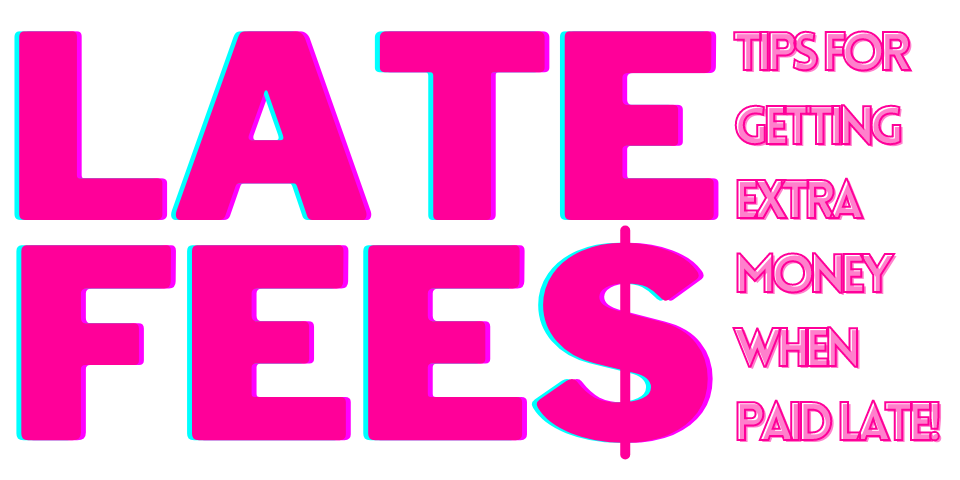
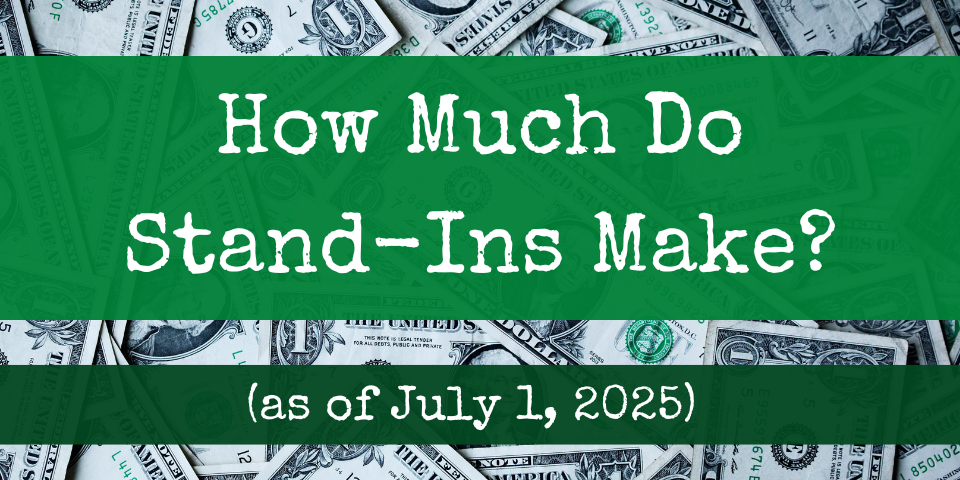
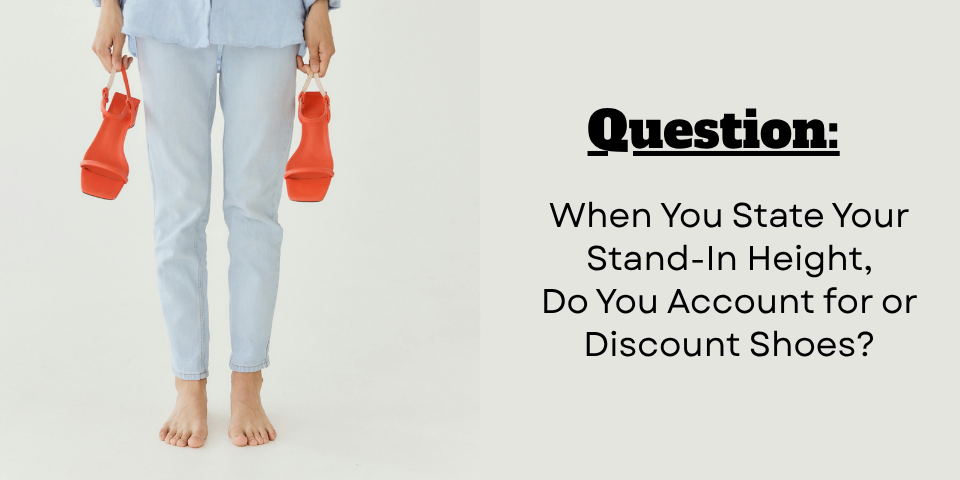
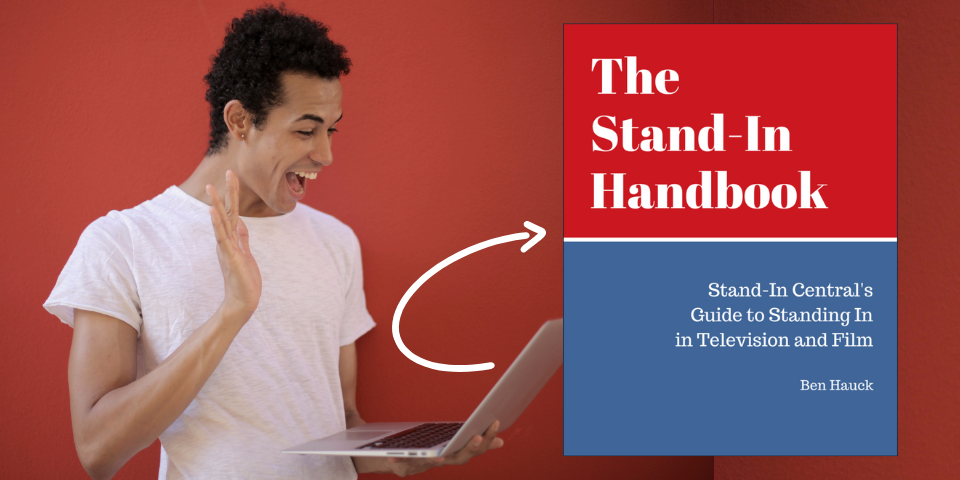
Leave A Comment